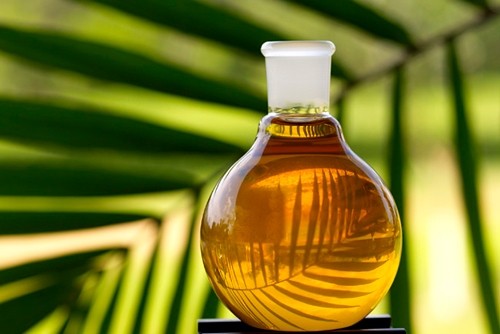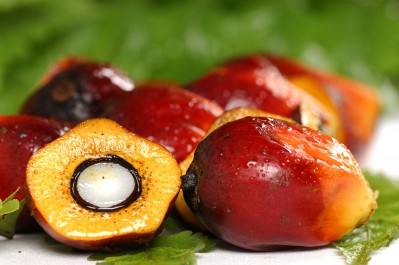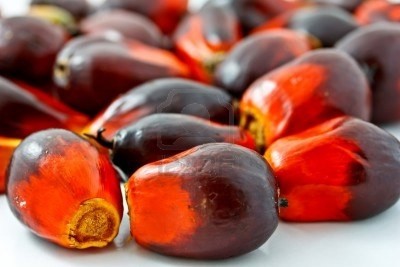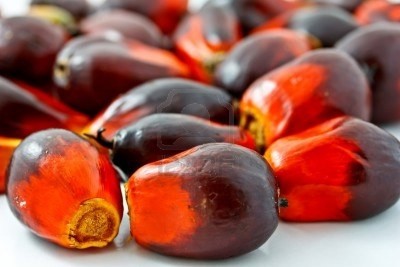Using certified sustainable palm oil no longer good enough, says WWF

Several environmental groups including the WWF have objected to new RSPO principles and criteria (P&C), saying that they are insufficient to prevent deforestation because they do not require producers to account for greenhouse gas emissions and clearance of carbon-rich peatland.
In a statement, the WWF said it would endorse the new criteria and called them a step in the right direction.
However, it added: “It is, unfortunately, no longer possible for producers or users of palm oil to ensure that they are acting responsibly simply by producing or using Certified Sustainable Palm Oil (CSPO). Therefore WWF is now asking progressive companies to set and report on particular performance standards within the framework set by the new RSPO P&Cs.”
The WWF is a founding member and long-time supporter of the RSPO, although it has said repeatedly that buying palm oil from RSPO members is not enough to guarantee sustainable sourcing – rather, the palm oil itself must be assessed under the RSPO certification scheme.
The RSPO has been developing its latest standards in a series of consultations since November 2011, and the P&C do include a transition period toward GHG reporting. The organisation has defended its current position, saying it encourages producers to report GHG emissions and the standards are developed by consensus, meaning that compromise is inevitable.
RSPO secretary general Darrel Webber said in a statement: “While everyone acknowledged the importance of GHG emissions in benchmarking the RSPO as the standard in sustainability – it was recognized that these emissions cannot as yet be monitored completely or measured accurately with current knowledge and methodologies.
“Hence, growers and millers committed to an implementation period that begins with initially reporting to the RSPO, and after December 31, 2016, the commitment will transit to public reporting. During the implementation period the RSPO has made a commitment to further develop and improve the RSPO carbon assessment and reporting tools for growers to utilize.”
In the meantime, WWF has encouraged responsible producers to add their own criteria to those required by the RSPO, including immediate public reporting of GHG emissions, exclusion of peat soils for new oil palm developments, an end to the use of certain pesticides, and only buying fresh fruit bunches from known sources.
The RSPO is the world’s number one certifier of sustainably produced palm oil, and about 15% of total global supply is certified under the programme.
More on the revised P&C is available here [pdf].





















